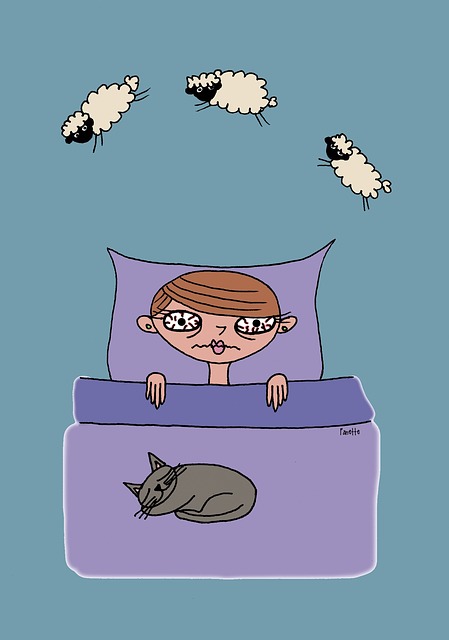The latest experiment puts forward People with insomnia who get a digitized edition of cognitive behavioral therapy (CBT) as part of their treatment may find more symptom reinforcement than those who only get tips to improve their sleep routines.
Researchers by chance assigned 1,700 insomnia patients to get either digital CBT or so-called sleep hygiene education planned to progress bedtime routines and support prevention of substances like caffeine and alcohol that can interfere with sleep.
The CBT group used the online Sleepio program and an associated iOS app, which offered a series of 20-minute therapy session’s people could access for up to 12 weeks.

Patients stated more improvement in their insomnia symptoms after 4, 8 and 24 weeks with digital CBT than they did with sleep hygiene education.
The lead study author said that this new study indicates that digital CBT can facilitate insomnia sufferers attain not just get better sleep, but achieve a better overall health and quality of life. It also underscores earlier findings that better sleep contributes to healthier mental health.
Previous research has found that CBT can guide people to apply techniques that address the mental (or cognitive) factors connected with insomnia, such as the “racing mind,” and to rise above the worry and other unhelpful emotions that often convoy failure to sleep. CBT can also help people with poor sleep establish a healthy bedtime routine and improve sleep patterns.
The researcher said that a fully automatic digital solution like Sleepio cannot completely imitate the power of a trusted, face-to-face relationship between a patient and clinician, but there are several advantages to the digital format.
One key advantage is that the app can be available in the middle of the night when people need help, and not require patients to wait for a therapist to offer them an appointment, the researcher said. Among a deficiency of providers trained to offer CBT for insomnia, the app may also help increase access to care for patients who might otherwise be unable to receive treatment.
Patients in the current study were 48 years old on average and most were female and white. Approximately half of them consumed caffeine at least twice daily and on average, this group of patients was slightly overweight – both things that can get in the way of a good nights’ sleep.
To assess the effectiveness of digital CBT, researchers asked patients to assess the level of improvements in their own physical health, psychological well-being, insomnia and sleep-related quality of life. On all of these measures, digital CBT appeared to make a bigger impact than sleep hygiene education, the study found.

Even though the study was a controlled experiment, it wasn’t designed to assess whether or how digital CBT might perform relative to in-person CBT. It’s also possible that results would be different in more diverse patient populations.
Even so, the results offer fresh evidence of the potential for mobile and web-based therapy to be one effective option for treating insomnia, said Ricardo F. Munoz, director of the Institute for International Internet Interventions for Health (i4Health) and a professor emeritus at the University of California, San Francisco.
“Treating insomnia with CBT has longer lasting effects than, for example, treating insomnia with medication,” Munoz, who wasn’t involved in the study, said by email. “Because CBT involves learning how to sleep well, what the person learns can be used indefinitely; medications only work while you are using them and can have harmful side effects.”





GIPHY App Key not set. Please check settings